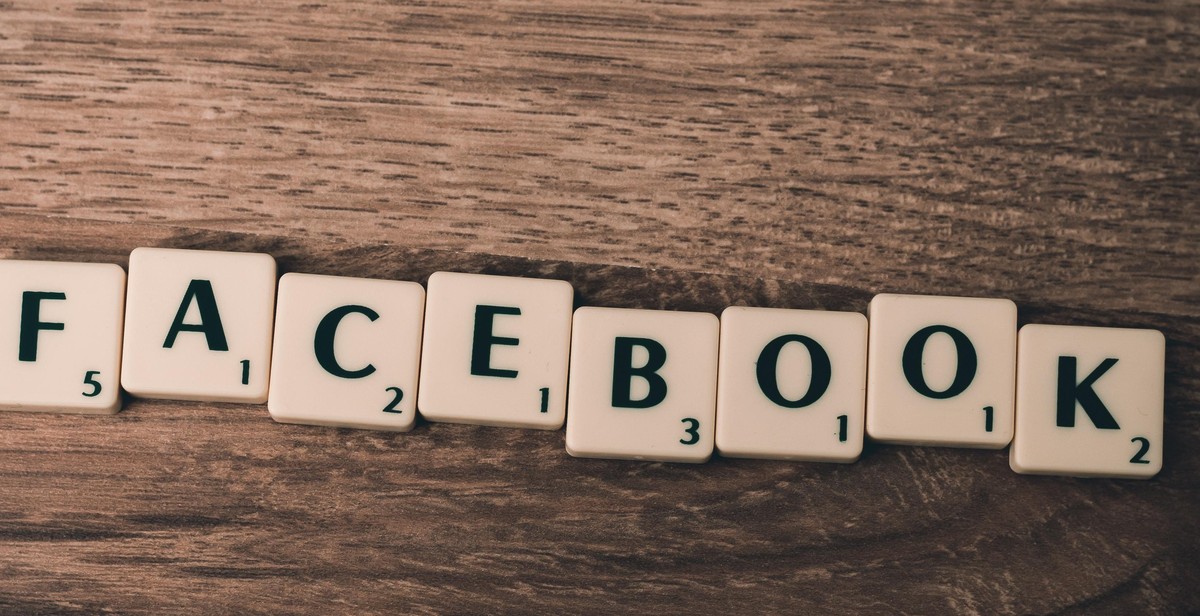Overcoming Social Media Addiction: A Psychological Approach
In recent years, social media has become an integral part of our daily lives. We use it to connect with friends and family, stay updated on news and events, and even to conduct business. However, excessive use of social media can lead to addiction and have negative impacts on our mental health, relationships, and overall well-being.
As a professional article writer and content creator with years of experience, I have seen firsthand the effects of social media addiction on individuals. It is easy to get caught up in the endless scroll of posts and notifications, but it is important to recognize when social media use has become problematic.
In this article, I will explore the psychological factors that contribute to social media addiction and provide practical tips for overcoming it. We will examine the role of dopamine, the pleasure hormone that is released when we receive likes and comments on social media, and how it can lead to addiction. We will also discuss the importance of setting boundaries and developing healthy habits to reduce social media use.
Whether you are struggling with social media addiction yourself or know someone who is, this article will provide valuable insights and strategies for overcoming it. Let’s dive in!

Understanding Social Media Addiction
Social media has become an integral part of our daily lives. From checking notifications on Facebook to scrolling through Instagram feeds, we spend a considerable amount of time on social media platforms. However, this constant engagement with social media can lead to addiction, which can have a negative impact on our mental health and overall well-being.
Defining Social Media Addiction
Social media addiction is a behavioral addiction characterized by excessive and compulsive use of social media platforms. It is similar to other forms of addiction, such as drug or alcohol addiction, in terms of its impact on the brain and behavior.
According to a study conducted by the Pew Research Center, around 69% of adults in the United States use social media. However, not all social media users are addicted. Social media addiction occurs when a person feels an uncontrollable urge to use social media, which can lead to negative consequences.
Symptoms of Social Media Addiction
There are several symptoms that can indicate social media addiction. These include:
- Spending excessive amounts of time on social media platforms
- Feeling anxious or irritable when unable to access social media
- Neglecting personal responsibilities, such as work or school, due to social media use
- Continuing to use social media despite negative consequences, such as strained relationships or decreased productivity
- Using social media as a way to escape from real-life problems or emotions
- Feeling a sense of euphoria or pleasure when using social media
Causes of Social Media Addiction
There are several factors that can contribute to social media addiction. These include:
| Factor | Description |
|---|---|
| Social isolation | Individuals who feel socially isolated may turn to social media as a way to connect with others and feel a sense of belonging. |
| Low self-esteem | Individuals with low self-esteem may use social media as a way to boost their self-esteem by seeking validation and approval from others. |
| Fear of missing out (FOMO) | Individuals who experience FOMO may feel compelled to constantly check social media to stay up-to-date on the latest news and events. |
| Dopamine release | Social media platforms are designed to trigger the release of dopamine, a neurotransmitter associated with pleasure and reward, which can lead to addiction. |
It is important to note that social media addiction can affect anyone, regardless of age, gender, or background. However, certain individuals may be more susceptible to social media addiction than others.
By understanding the causes and symptoms of social media addiction, individuals can take steps to overcome this addiction and improve their overall well-being.

The Psychological Approach to Overcoming Social Media Addiction
Social media addiction is a real problem that affects millions of people worldwide. It can lead to a host of negative consequences, including anxiety, depression, and decreased productivity. However, with the right psychological approach, it is possible to overcome this addiction and regain control of your life.
Identifying Triggers
The first step in overcoming social media addiction is to identify your triggers. These are the things that cause you to turn to social media, even when you know it is not in your best interest. Triggers can be anything from boredom to stress, so it is important to be honest with yourself about what is causing you to use social media excessively.
Once you have identified your triggers, it is important to find ways to avoid or manage them. For example, if boredom is a trigger for you, try to find other activities that you enjoy, such as reading or exercising. If stress is a trigger, try practicing relaxation techniques like deep breathing or meditation.
Creating a Support System
Having a support system is crucial when trying to overcome social media addiction. This can include friends, family members, or a therapist who can provide encouragement and accountability. It is important to surround yourself with people who understand your struggle and are willing to help you through it.
One way to create a support system is to join a support group for social media addiction. These groups can provide a safe and supportive environment where you can share your experiences and learn from others who are going through similar struggles.
Changing Your Mindset
Changing your mindset is another important step in overcoming social media addiction. It is important to recognize that social media is not a necessity and that you can live without it. This may require you to challenge your beliefs and attitudes about social media and its role in your life.
One way to change your mindset is to focus on the positive aspects of your life that do not involve social media. This can include spending time with loved ones, pursuing hobbies, or engaging in other activities that bring you joy and fulfillment.
Replacing Social Media with Healthier Habits
Finally, it is important to replace social media with healthier habits. This can include finding new ways to connect with others, such as joining a club or volunteering in your community. It can also involve practicing self-care, such as getting enough sleep, eating a healthy diet, and exercising regularly.
It is important to remember that overcoming social media addiction is a process and that it may take time and effort. However, with the right psychological approach and support system, it is possible to break free from the grip of social media addiction and live a happier, healthier life.

Conclusion
As social media continues to dominate our daily lives, it is important to recognize the potential for addiction and take steps to overcome it. Using a psychological approach can be highly effective in breaking the cycle of social media addiction.
First, it is important to identify the root causes of the addiction.
This could be related to a need for social validation or a fear of missing out. Once these underlying issues are addressed, it becomes easier to take control of social media usage.
Secondly, setting clear boundaries and goals can help to reduce the amount of time spent on social media.
Creating a schedule for social media usage and sticking to it can be highly effective in breaking the addiction cycle. Additionally, setting goals for what you want to achieve on social media can help to keep usage focused and productive.
Thirdly, finding alternative activities to replace social media usage can be highly beneficial.
This could include spending time with friends and family, pursuing hobbies or interests, or engaging in physical exercise. These activities help to promote a sense of fulfillment and achievement, which can help to reduce the need for social media validation.
